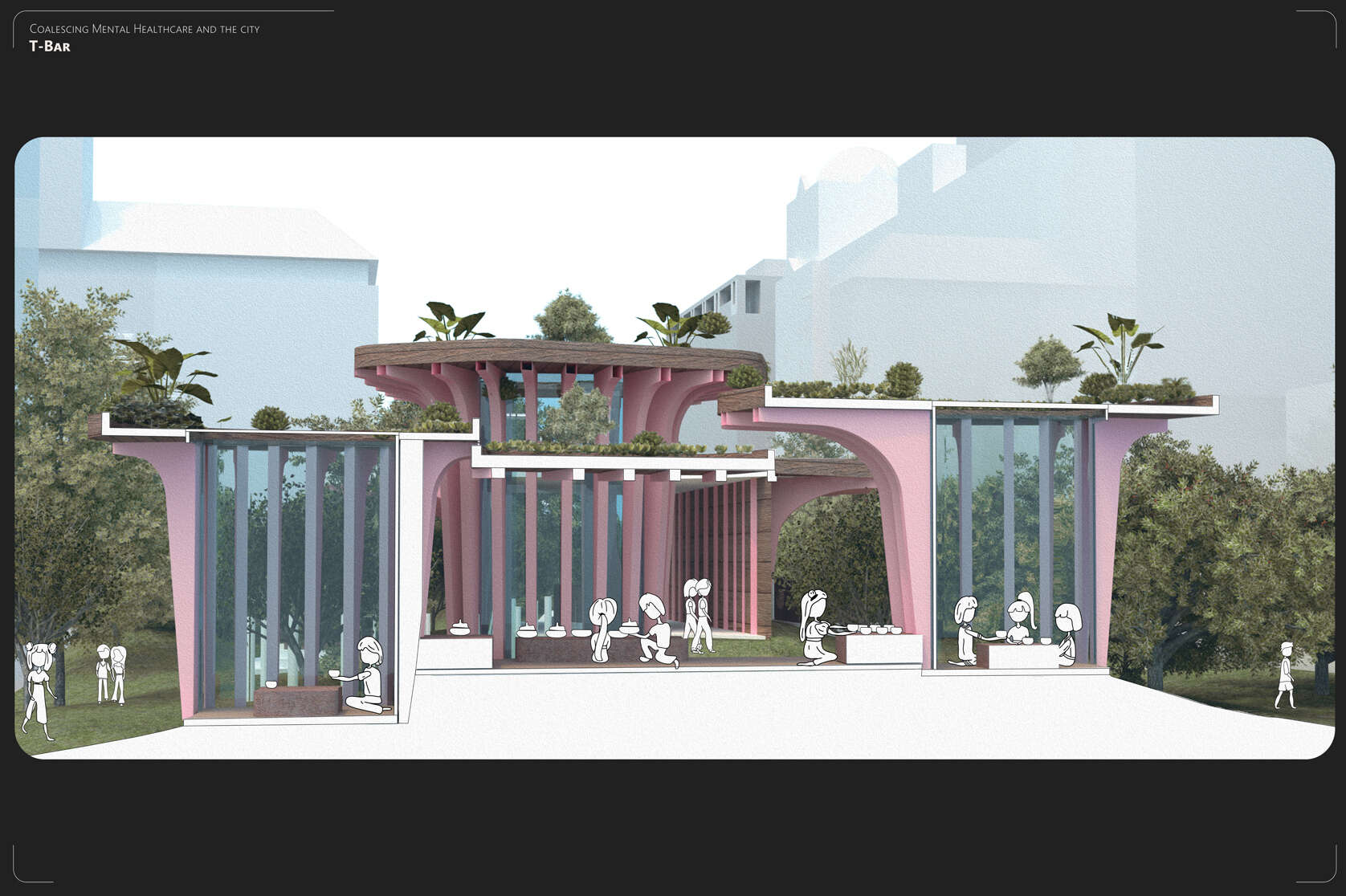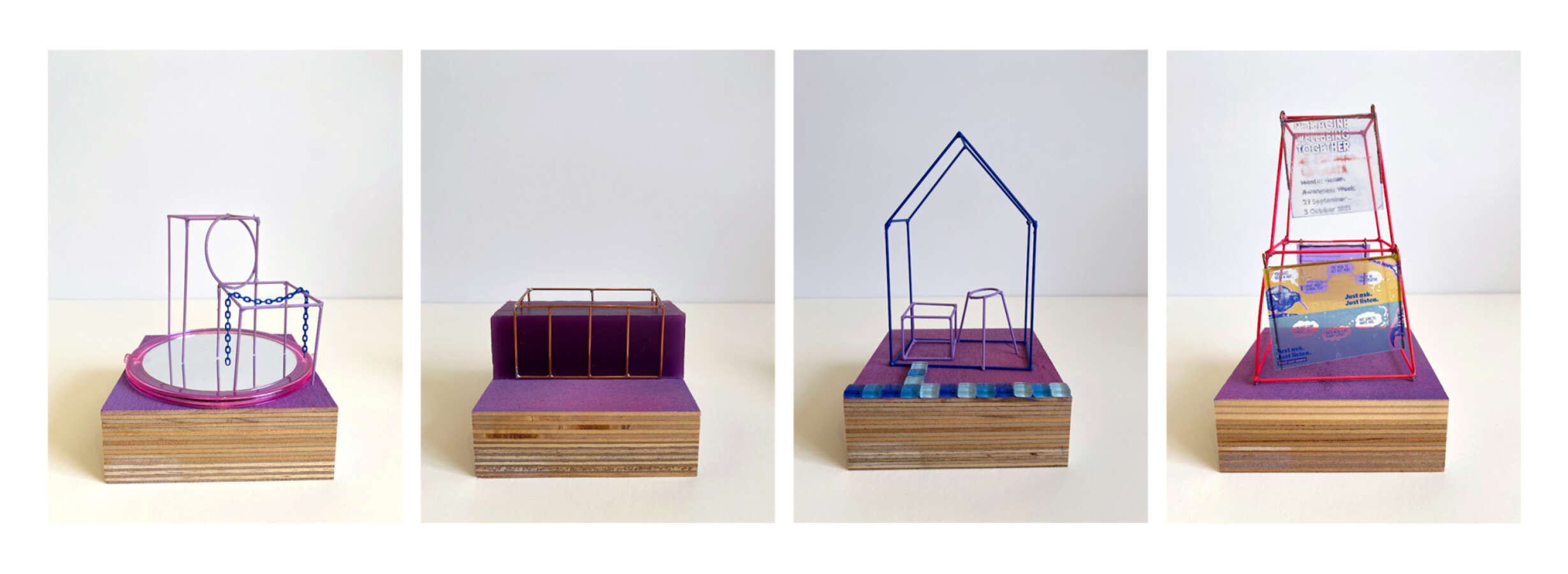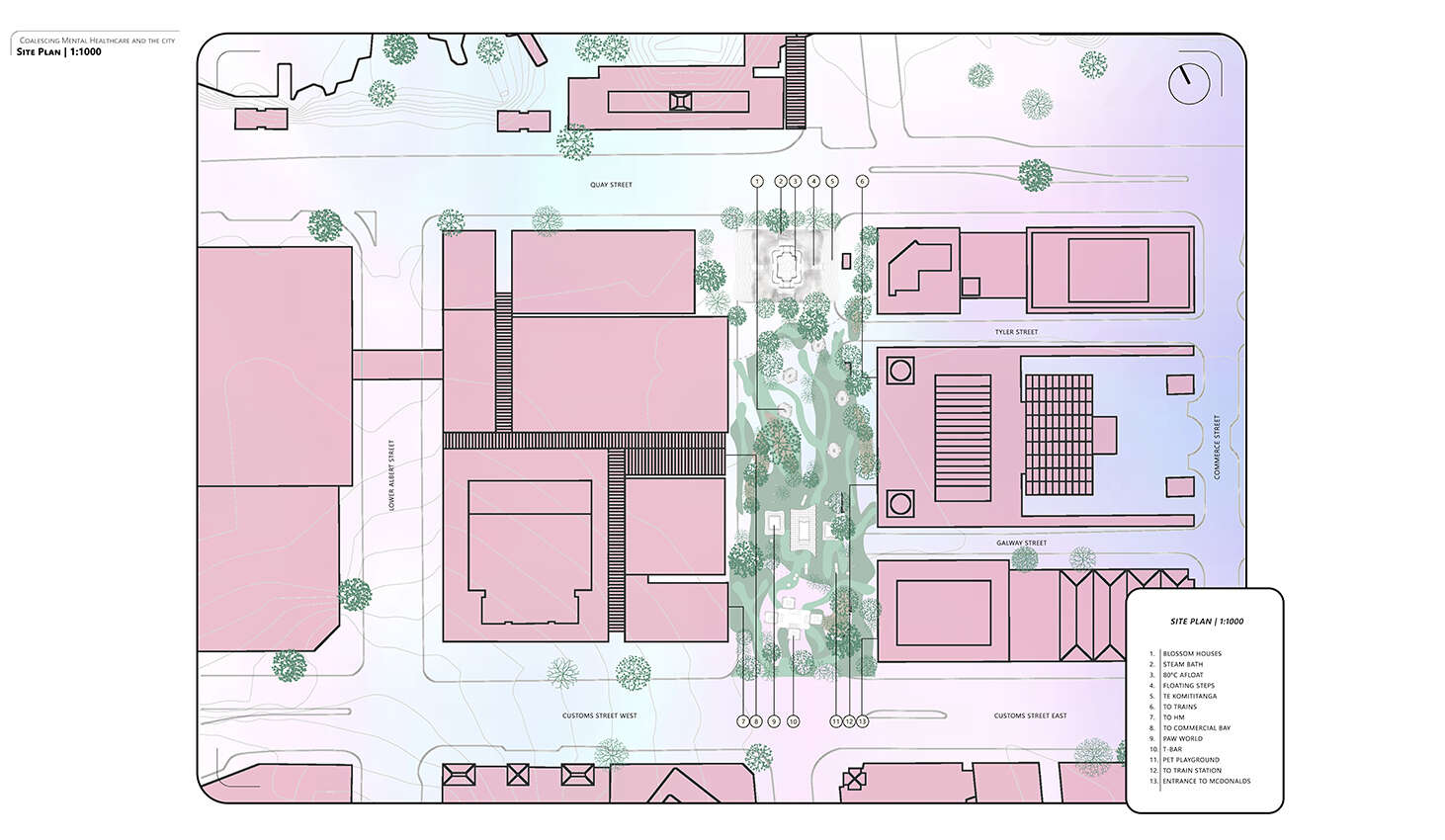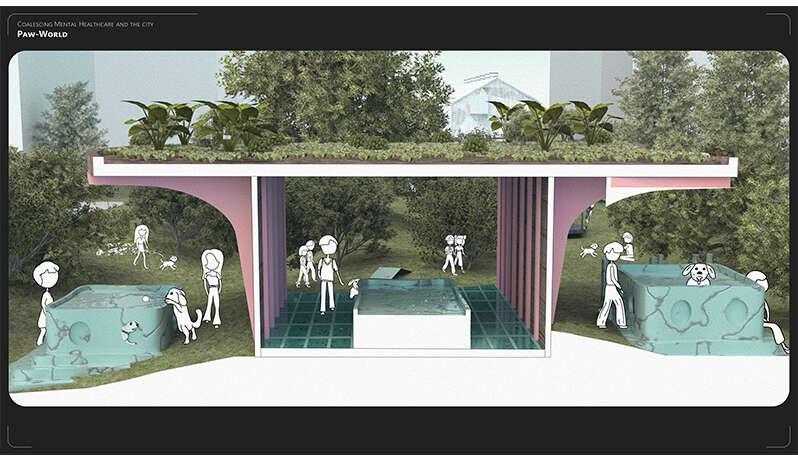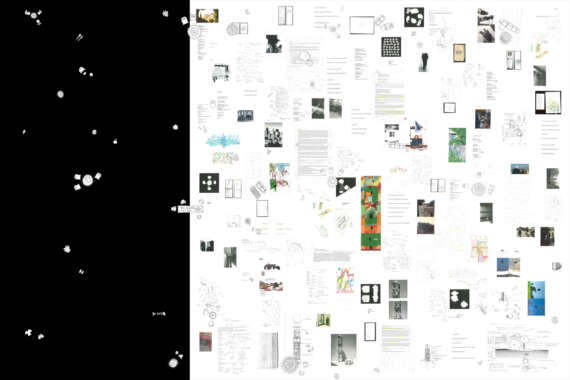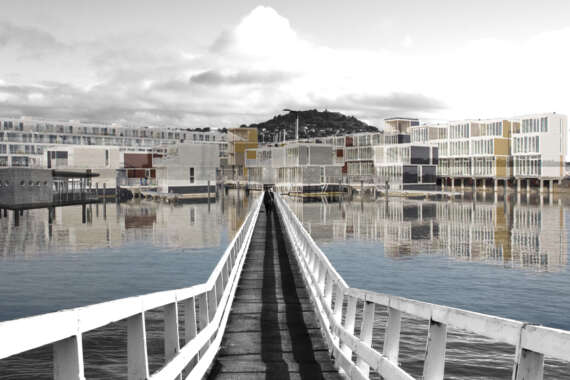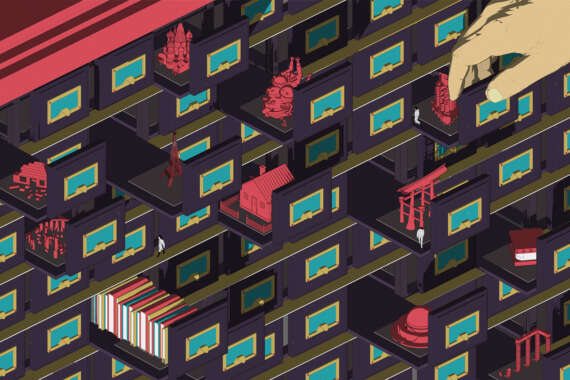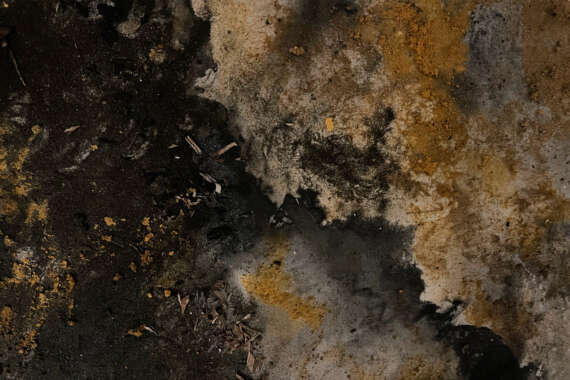At large, the thesis undertakes the task to integrate holistic therapy into our urban fabric. The design encapsulates many forms of passive healing in pavilions placed across the gardens with a central stepwell. Hydrotherapy, animal therapy, nature therapy, herbal therapy and many more forms of abandoned therapy methods are reimagined to form a health promotion design in the heart of the city to counteract stigma and camouflage.
This thesis is a provocative investigation into how architectural interventions can expose the community to the importance of mental health and change social attitudes towards mental illnesses by coalescing the city and mental healthcare as one. It argues the city is our hospital and questions why we are restricted to healthcare only being attributed to a specific building typology. This thesis maintains that while the system is extremely complex and has faceted layers, preliminary architecture which helps the current social model of deinstitutionalisation is needed to make it accessible and successful.
